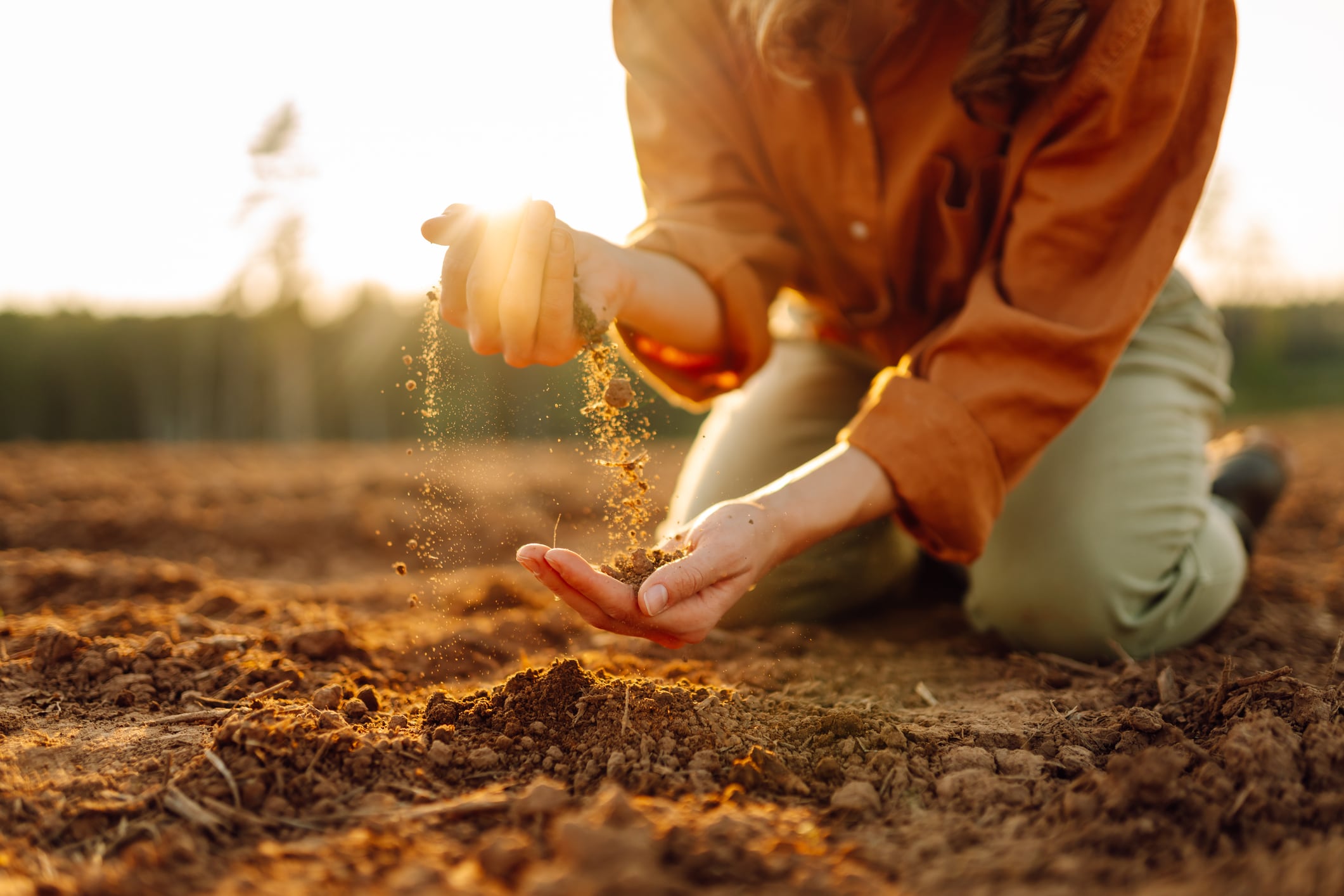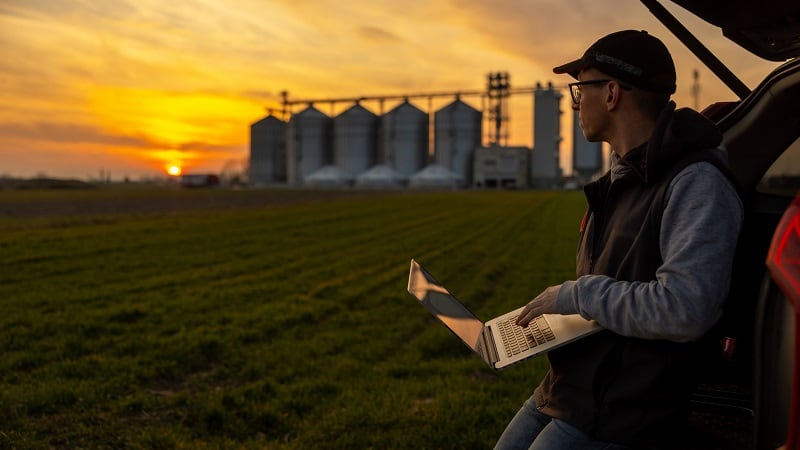Peter Wren-Hilton, founder of Wharf42 and the Salinas Biologicals Summit, considers the region as a hotspot for growth.
“The biologicals space in the Asia-Pacific region is growing rapidly, driven by regulatory pressure for more sustainable farming, consumer demand for residue-free food, and government support for environmentally friendly agriculture,” he told AgTechNavigator.
“The APAC market is one of the fastest-growing globally, expected to outpace more mature markets like Europe and North America. I expect double-digit growth over the next five to 10 years, particularly in biopesticides and biostimulants.”
The opportunities are growing as countries such as India and China move to tighten regulations on the use of chemical pesticides, creating space for biological alternatives, highlighted Wren-Hilton.
“I particularly like the opportunities for pest and disease management. As the climate changes and invasive species become more prevalent, the need to provide farmers and growers with the tools necessary to address this becomes ever more urgent,” said Wren-Hilton.
However, like other regions, the APAC biological market faces similar challenges that could impede growth.
Wren-Hilton highlighted limited farmer education as one of the key challenges.
“This can at times be attributed to earlier poor experience of biological applications,” he said.
Additionally, many farms in APAC – 100 million in ASEAN alone – are smallholder operations lacking the scale and capital needed to adopt biological solutions effectively.
Furthermore, distribution networks are fragmented, particularly in rural areas, making it difficult to reach growers.
Lastly, regulatory uncertainty and lengthy product approval processes also present barriers to market entry.
“Despite these challenges, companies that localise solutions, navigate regulatory pathways, and invest in farmer education are likely to succeed,” said Wren-Hilton.
A new platform for change
As the demand for biologicals grow in APAC, so do the innovations.
“Some of the most exciting agricultural biological innovations in APAC are emerging at the intersection of microbial technologies, AI-driven biological discovery, and climate-resilient solutions tailored to tropical and subtropical environments,” said Wren-Hilton.
With growing potential for biologicals, Wharf42 has partnered with Agrifood Futures and Farmers2Founders to launch the Asia Biologicals Platform this year.
It will kick off with the Asia Biologicals Symposium on November 3 during Singapore International Agrifood Week (SIAW).
The Symposium will focus on scaling cleaner farm tech, aligning innovation with local crop challenges, driving farmer adoption, and unlocking investment through data and regulatory alignment.
The Asia Biologicals Platform is a multi-year effort to address long-standing barriers in the development, validation and uptake of biological agri-inputs.
“We’ve built momentum in the US, Australia and New Zealand, now we want to localise and scale this across Asia. The Asia Biologicals Platform brings the shared infrastructure we need to fast-track adoption, align regulations and unlock growth for a new class of agri-inputs,” said Wren-Hilton.
It brings together innovators, growers, researchers, funders, regulators and platforms to help unlock the potential of biologicals to support a more restorative, climate-resilient farming system tailored to the needs of South East Asia’s diverse agriculture sector.
“We want to connect innovators to Asia’s crop challenges, work with funders and governments to support field-based projects that deliver measurable outcomes and drive farmer adoption of biologicals at scale. Through science, partnerships and real-world trials, we want to move beyond pilot fatigue and deliver real outcomes for farmers and ecosystems,” said Joshua Soo, CEO of Agrifood Futures.
“This is about turning good science into real-world change. By generating data-backed evidence and deep regional insight, we can help farmers adopt biologicals and cleaner technologies with confidence, lifting both profitability and sustainability,” added Dr Christine Pitt, managing director of Farmers2Founders.
The initiative draws from the successful Platform10 model, which has facilitated crop-specific field trials through multi-stakeholder partnerships.
“There is great science and innovation across the APAC region. This supports Platform10’s ambition to unlock this potential for the benefit of the region’s agricultural communities, farmers and growers,” said Wren-Hilton.





